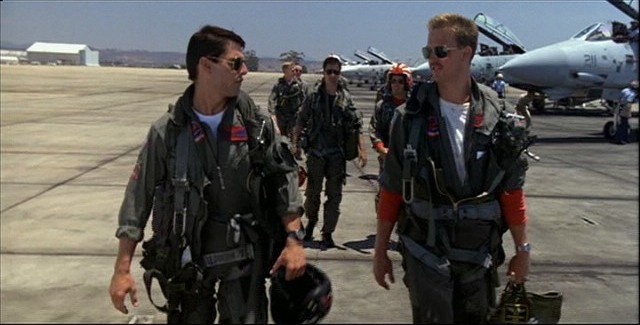- 4,548
- 3,290
- 113
Well I work because I have bills and need the check so I guess you can say I do it for the money.
Considering you do exactly the same as the nurse but get paid less does seem a but unfair but that is what I suspected.
I asked because I am considering just doing nursing but I still want to fly (eventually maybe) and am curious what the difference would be, not much from what you all are saying.
It isn't the least bit unfair; it is basic supply/demand economics. For numerous reasons, it isn't uncommon to have 25 or 50 or more applicants for a single flight paramedic opening, and maybe 5 applicants for a flight nurse opening at the same company. Flight RN's are a much scarcer resource, so they are more valuable than flight paramedics and are thus paid more.
What's the real attraction to flight? There are many ground services that have the same, if not better protocols, do the exact same calls and don't have the risk of the airship crashing.
Many ground CCT medics also receive excellent pay and benefits packages.
Is the just "the helicopter" that makes it attractive? I'll admit, when I was younger, the excitement of seeing Hartford Hospital LifeFlight do a scene call was pretty cool, after becoming a medic and running a large number of calls, the excitement and allure of the flight job wore off pretty quickly.
You could ask that about any career choice. Why is a trauma surgeon attracted to that instead of just doing non-emergent ortho or general surgery? Why do EM physicians choose that rather than family practice? Why does a criminal defense attorney or prosecutor do that instead of corporate regulatory law?
When I got into HEMS early in my career, there was a huge difference between HEMS and ground EMS in terms of protocols, educational and training opportunities, patient acuity, etc in my region. The difference between being a ground medic and flight medic was like the difference between working for a private ambulance company that does mainly dialysis transfers and working for a really high-speed, progressive 911 only service. It's still like that in many areas. I even got paid a little more and when I wasn't on a flight, I got to sleep in a bed rather than posting on street corners in the ghetto.
Along with all that does come some status, and if I said that often being treated like the rock stars of the medical world had nothing to do with my attraction to the job I'd be lying.....but it really was only part of why I liked it. I never was one of those types who wore my flight suit out in public as much as possible so that everyone would know what I did. It was mainly the better training, better protocols, higher expectations, lower volume but much higher patient acuity........what's not to love about that? Even if you could somehow have taken the status away completely, I'd still have liked flying much better than ground.
Anyway, it didn't take long before I learned to truly enjoy the work for the sake of the work. A lot of people find trauma to become boring; I became more and more interested in it. I developed a true interest in prehospital airway management and analgesia. I learned to love helicopters and aviation. Working for a HEMS program that covered a huge rural area, I got to routinely do and see some really interesting stuff over the years that I very well may never have working ground, or maybe would have only a few times in a whole career.
HEMS is substantially different than ground CCT, so it's entirely possible to really enjoy one and not care much for the other. As far as safety, HEMS definitely has some important issues to work out, but I'm not sure that it's statistically that much more dangerous than working ground 911.
Anyway, I think I'm reminiscing and rambling more in this post than I am providing a coherent answer to the question. So I'll finish by saying that the industry has changed a lot since I first got into it 15 years ago. I'm pretty sure I wouldn't find it nearly as satisfying getting into it now.

